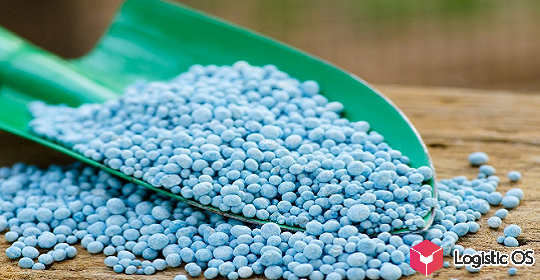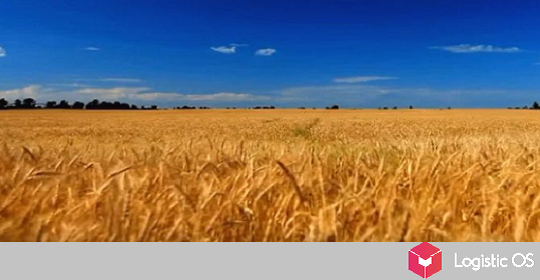The creation of its own export fleet should begin in the near future, this is Russia’s response to sanctions restrictions that prevent ships from other countries from being fully chartered.
Recently it became known that Rosagroleasing ordered the projects of ships for the export of grain.
The first ships will have to be launched within 2-3 years. This was stated by the company’s CEO Pavel Kosov at a meeting with Prime Minister Mikhail Mishustin.
At the same time, we are not talking about several ships, a whole series is planned in the future. It will include ships with a displacement of 40 thousand tons and 60 thousand.
Rosagroleasing has extensive plans, together with the Ministry of Agriculture, applications for 61 vessels were collected.
All this, most likely, will indeed be built, but hardly in the coming years. However, there is such a strategy in the government’s plans.
As Mishustin recalled, the President of the Russian Federation has already set the task of increasing the production of not only agricultural machinery or equipment for the food industry, but also ships.
This is all the more relevant for farmers, since a significant part of Russian grain is transported for export by sea.
The United Grain Company (UGC) also noted that it plans to join this trend.
In particular, she is going to order as many as 19 dry-cargo ships that could deliver Russian grain to friendly countries.
True, here the question of timing also arises: most likely, such a large-scale project will be implemented no earlier than 2026. In addition, this will require significant investments in the amount of at least 38 billion rubles.
At the moment, OZK does not yet have its own bulk grain carriers, and therefore they have to be chartered.
But here there are difficulties associated with sanctions.
“In the current foreign policy situation, a number of international companies refuse to charter our cargo and enter Russian ports so as not to fall under secondary sanctions.
And if they agree, it will significantly raise the cost of sending grain. In this regard, the issue of creating an export fleet is one of the key vectors for the development of the Russian commodity distribution export infrastructure.
Was import substitution successful?
Now the Russian Federation is still highly dependent on foreign exporters who provide ships for the export of grain from the country.
However, recent events have led Russia to realize the need to create its own bulk cargo fleet almost from scratch, which could, among other things, increase the country’s economic sovereignty.

